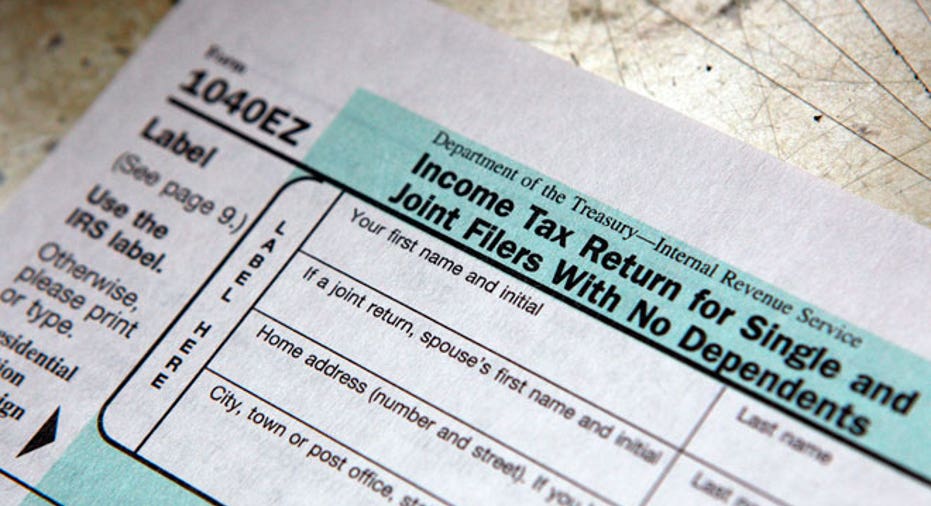How to File your Taxes for Free

Formed in 2003, IRS Free File is the product of a partnership between the Internal Revenue Service and a group of fourteen online tax software suppliers that form the Free File Alliance – including such familiar names as TaxSlayer, H&R Block, and Jackson Hewitt. Free File was intended to increase electronic filing by making the process easier for a greater number of Americans. Both the tax preparation and the e-filing process are free.
Over 46 million tax returns have been submitted through the Free File system to date. You can use Free File if your AGI (Adjusted Gross Income) was less than $62,000 for the tax year. An estimated 70% of American taxpayers fall within this criteria.
You will need to gather up a few things before starting the Free File process, just as you would with any filing format.
Personal Information– You will need a copy of your tax return for the previous year, valid Social Security numbers for you, your spouse, and your children, and proof of identity (through the AGI number on your 2014 tax return, your 2013 personal ID number, or by establishing a new five-digit PIN number).
Income and Records – Gather all receipts and summary forms pertaining to your income. These include W-2’s, all varieties of Form 1099, and the newer forms brought in by the Affordable Care Act (ACA). Depending on your status, you may need Form 1095A (Health Insurance Marketplace Statement), Form 8962 (Premium Tax Credit) or Form 8965 (Health Coverage Exemption).
Don’t forget to include any other income such as unemployment compensation, rental incomes, partnerships, trusts, S corporations, or Social Security benefits. You will also need the corresponding records for these income sources.
You can estimate your AGI from last year’s form to see if you qualify, or there are several AGI calculators available online to help you with the process. Assuming you qualify and wish to use Free File, follow these simple steps:
Go to the IRS Website – Start by going to www.IRS.gov/freefile to begin the process. You can either click the designated button to start the Free File process, which will give you a summary and a series of links to the software options. If you prefer, you can choose a link that helps you find the best Free File software for you by asking you a series of questions.
If you bypass the IRS website and go directly to the software vendor sites, the process may not be free. The software vendor may apply fees in that case.
Choose Your Vendor – If you did not select the link to help you find the best software, you will be given a menu of links to all the vendors with a summary of their benefits and limitations. Some (but not all) vendors offer state tax filing services as well, in case you happen to live in a state that collects state income tax. Note: Twenty states have their own version of Free File, as well as the District of Columbia.
Complete Forms and E-File – Once you have completed your forms, simply submit your form electronically and supply a valid e-mail address to receive the confirmation of your submission. You can track the submission using the “Where’s My Refund” function on the IRS website.
If you owe money, you have several options – but fees may be incurred depending on the company that you choose. You can set up an electronic funds withdrawal from your bank account, register for the EFTPS (Electronic Federal Tax Payment System) operated by the Treasury Department, or use a credit card.
If you need further help, check to see if Free File is available at your nearest VITA (Volunteer Income Tax Assistance) or TCE (Tax Counseling for the Elderly) locations.
For those who qualify, Free File offers a simple, secure, and rapid means of filing your tax forms and receiving your refund as soon as possible. It is available to use now for filing your 2015 taxes. Check the vendor options to see if any of them work for you. Why pay to file your taxes if you don’t have to?
This article was provided by our partners at moneytips.com
More from MoneyTips.com:Tax Shelters 101Taxes by State - Where You Live Affects How Much Money You KeepMaking Charitable Deductions from Your IRA



















